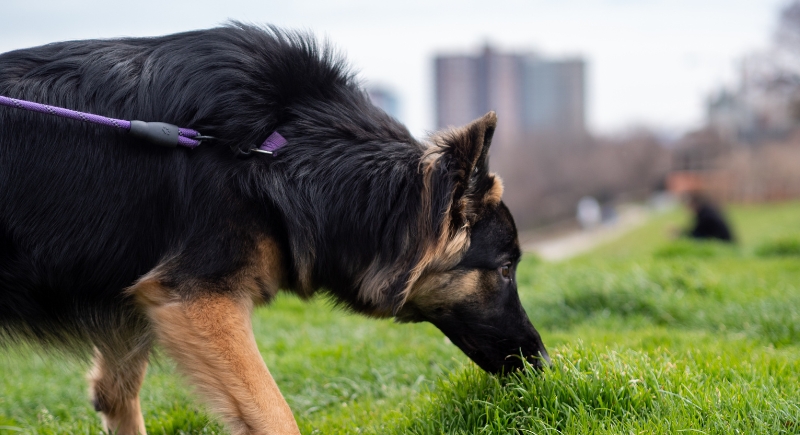Meet the Drug-Sniffing Dog Who Outsmarted Cartels and Earned Their Respect
Sombra, a German shepherd with Colombia’s counter-narcotics police, earned her name by pulling off what few officers ever could. From her earliest training as a puppy, she showed an unusual talent for detecting hidden drugs. By the time she reached six years old, she had taken part in more than 300 operations that uncovered close to 10 tons of cocaine.

Image via Pexels/Gabriel Almanzar
Her work put 245 people behind bars, many tied to the Urabeños gang, also known as the Gulf Clan, one of the country’s most powerful criminal networks. The group considered her such a threat that they placed a 200-million-peso bounty on her life, a sum that dwarfed the amounts once offered for police officers. Each raid she aided disrupted production lines, shut down routes, and chipped away at cartel profits.
Her record came down to training and instinct. Sombra learned to pick up the trace of cocaine, heroin, marijuana, and other substances hidden in car parts, shipping containers, warehouses, and countless other places traffickers thought were secure. Each successful operation added to the millions of dollars in drugs seized and showed how a single dog could tilt the balance in Colombia’s long fight against organized crime.
From the Coast to the Capital
To shield her from cartel threats, authorities moved Sombra from the Atlantic coast to Bogotá’s airport, a location with less direct influence from traffickers. Even after the transfer, she continued to locate major shipments, including four tons of cocaine concealed inside car parts set for export.
Her career reflected steady resilience in a country shaped by drug trafficking. Coverage from outlets like the BBC and CBS brought her story to an international audience. Each success underscored a broader lesson for law enforcement: even heavily protected operations could be exposed and dismantled.
The Legacy She Left Behind
Reports of Sombra’s death brought tributes from across Colombia. Some accounts even suggested cartel members sent flowers, a detail that, if accurate, pointed to a grudging acknowledgment of her impact. Her passing closed a notable chapter for the counter-narcotics unit, though her influence remained.
She had been part of hundreds of arrests and seizures, and her record is still cited in discussions of police dogs’ role in frontline investigations. Sombra’s work stands as a reminder of how trained animals can shift the balance in the fight against organized crime and international drug networks.